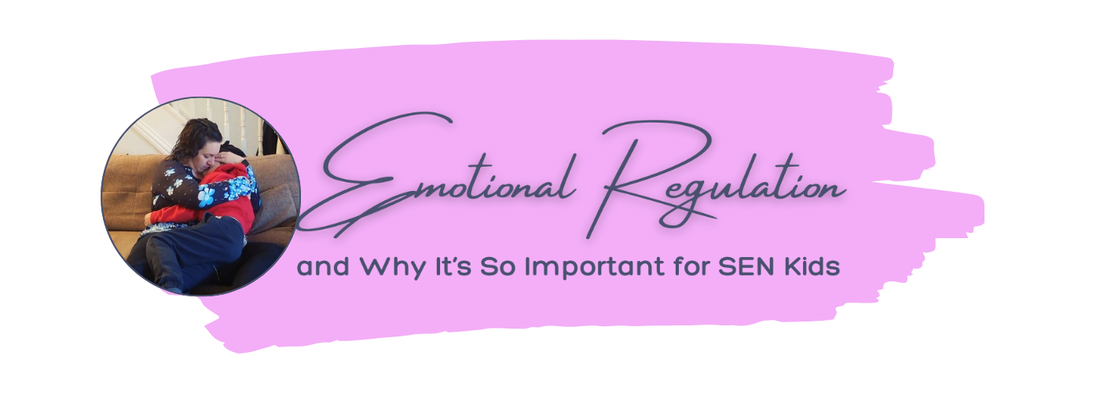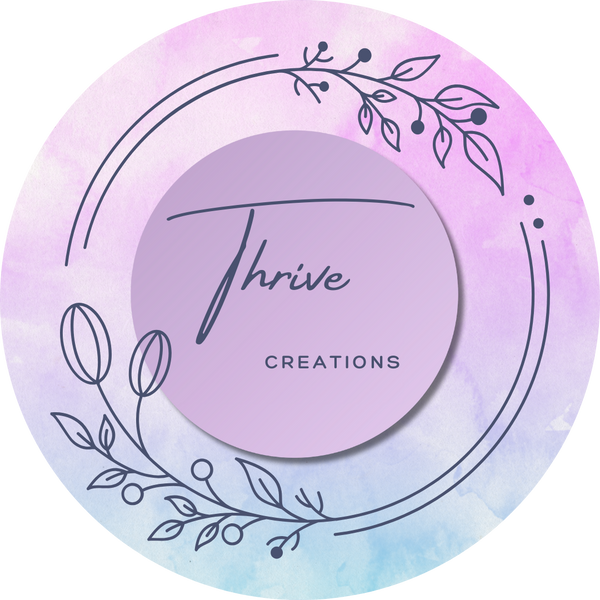
Emotional Regulation and Why It’s So Important for SEN Kids
There was a time I thought “emotional regulation” just meant helping my son calm down when he was upset. I didn’t realise it was so much more than that - that it was about building the skills to understand, express, and move through big emotions in a healthy, supported way.
For many SEN kids (like Devan, who has ADHD), those skills don’t come easily - and without the right support, both parents and children can feel like they’re drowning in overwhelm.
What is Emotional Regulation?
Emotional regulation is our ability to manage our emotional responses - to recognise what we’re feeling, understand why, and respond in a way that’s appropriate and safe.
It’s not about avoiding big feelings or staying calm all the time. It’s about learning how to move through emotions instead of being swept away by them.
Some kids develop these skills naturally. But for neurodivergent children, including those with ADHD, autism, sensory processing challenges, or anxiety, emotional regulation often needs to be explicitly taught and supported.
Why SEN Kids Often Struggle With It
There are so many reasons why this can be harder for children with additional needs:
- Neurological differences: ADHD and autism can impact how emotions are processed and expressed.
- Sensory sensitivities: Overwhelm from noise, touch, or light can make self-regulation feel impossible.
- Communication challenges: Kids who struggle to express their needs or feelings may act out instead.
- Executive functioning: Difficulty with impulse control and flexible thinking can escalate emotions quickly.
When we understand the why, we’re better equipped to meet our children with compassion - and to support them in learning the skills they need.
The Impact of Emotional Regulation (Theirs & Ours)
Supporting emotional regulation isn’t just about helping kids calm down faster. It’s about:
- Building resilience
- Improving relationships
- Reducing meltdowns, anxiety, and shutdowns
- Creating more peaceful family dynamics
- Helping us as parents feel less reactive, more connected, and more confident
Emotional regulation is the heart of so many behaviours we’re trying to understand and support - and when we work on it gently, over time, we see changes that ripple into every part of our lives.
How We Can Support It (Without Adding to Our Overwhelm)
You don’t have to be a therapist to help your child regulate! Some of the most powerful tools are small, consistent steps:
- Naming emotions out loud
- Practising co-regulation: using your calm to anchor their chaos
- Building predictable routines that create safety
- Using visuals and tools to help them express what they feel
- Reflecting after the storm, not just reacting in the moment
And - maybe most importantly - supporting our own regulation, so we can be the calm we want our kids to feel.
If your child still melts down after all your best efforts - you’re not failing. Emotional regulation takes time. It takes repetition. And for our children, it often takes more support than we thought they’d need.
That’s not a reflection of your parenting. It’s just the reality.
This is why I created the Mood & Anxiety Extension (which is going live on Tuesday 3rd June) - to give us practical ways to track, reflect, and support these emotional waves.
But whether or not you ever use that tool, I hope you take this away: emotional regulation is a skill. It can be learned. And you and your child are doing better than you think.
